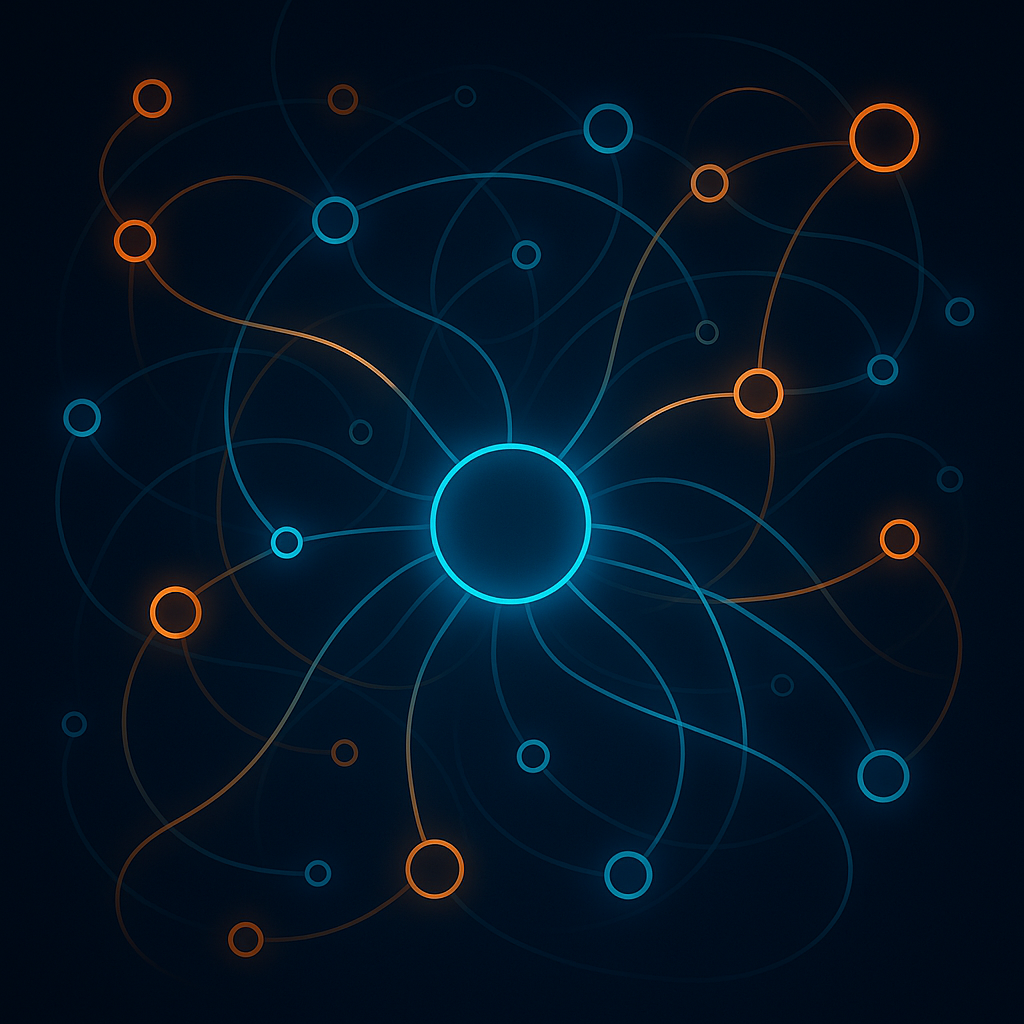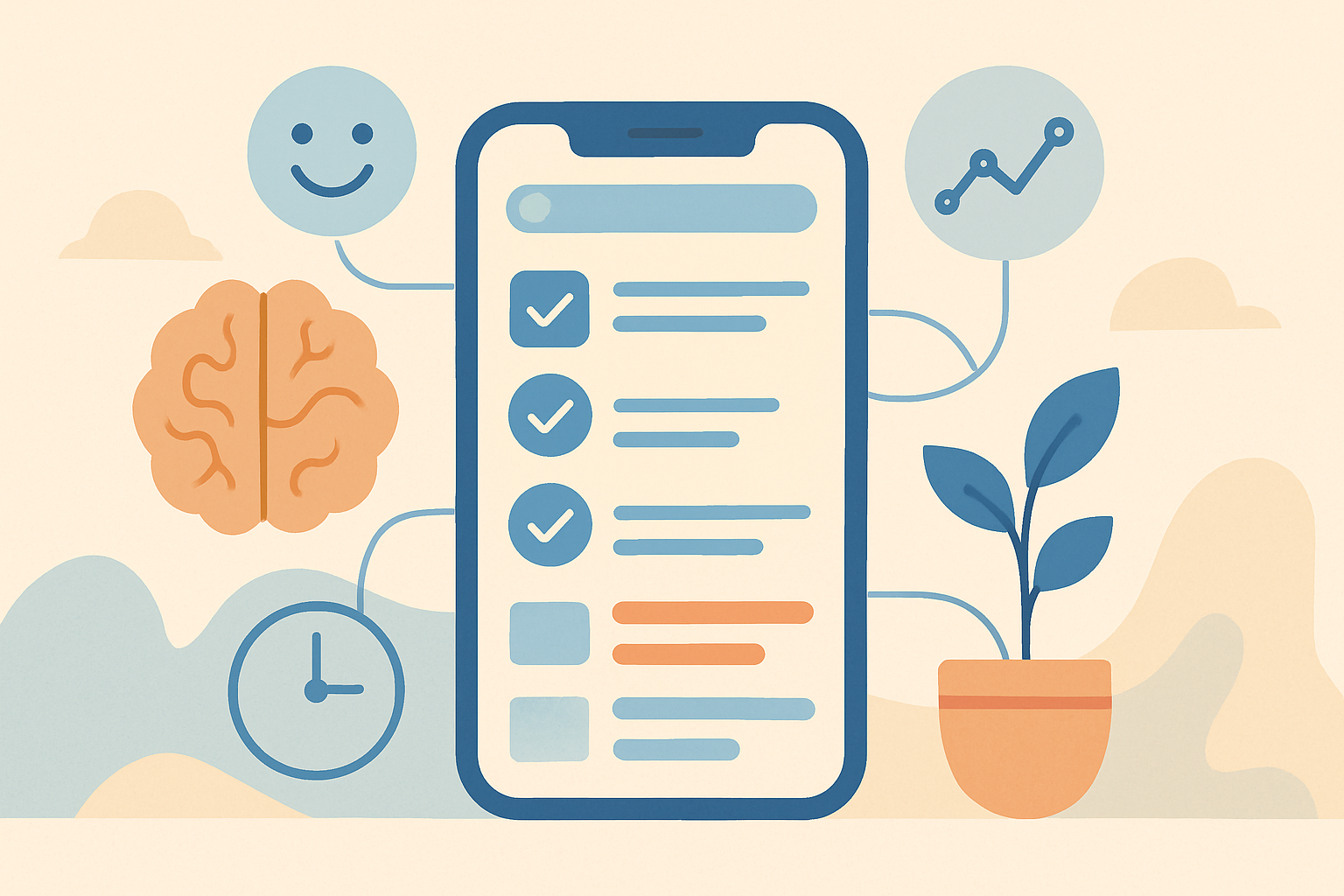AI Team Management. Leadership today isn’t about managing people — it’s about managing systems that help people work smarter.
Artificial intelligence has quietly become the invisible manager behind modern organizations, transforming how teams collaborate, prioritize, and perform.
This new wave of AI team management doesn’t replace human leadership — it augments it.
It organizes the chaos of tasks, automates time allocation, and keeps everyone aligned without micromanagement.
We are witnessing the birth of self-organizing teams, powered by intelligent systems that understand context, workload, and goals better than any spreadsheet ever could.

The Rise of AI Team Management
Traditional management systems rely on manual oversight — assigning tasks, tracking progress, scheduling meetings, and reviewing performance.
But as organizations scale, complexity multiplies.
AI solves this not by adding more tools, but by creating an intelligent layer of coordination across existing ones.
An AI team management system analyzes communication patterns, predicts bottlenecks, and distributes workload dynamically — ensuring that work flows smoothly without constant intervention.
This is not automation for efficiency.
It’s intelligence for harmony.
How AI Team Management Works
At its core, AI team management integrates three cognitive functions:
| Function | Role | Example |
|---|---|---|
| Coordination | Aligns people, tasks, and priorities | Reclaim AI, Motion |
| Prediction | Anticipates delays or overloads | ClickUp AI, Notion AI |
| Optimization | Balances workload across time | Clockwise AI, TimeHero |
These systems use behavioral data — focus hours, communication frequency, task complexity — to adjust how work is distributed.
If one team member is overloaded, the system redistributes tasks automatically.
If a meeting conflicts with deep work time, it reschedules intelligently.
AI becomes not a passive assistant, but an active orchestrator of productivity.
Example: A Smarter Week with AI
Let’s imagine a small creative team using AI management tools:
Monday:
Reclaim AI scans calendars and schedules deep work sessions based on each member’s productivity rhythm.
ClickUp AI summarizes the weekend backlog into a clear Monday action list.
Tuesday:
Motion detects that two deadlines overlap and reorganizes timelines automatically.
Meanwhile, Notion AI drafts progress updates for the project manager.
Wednesday:
The AI system predicts potential delivery delays based on task load.
It shifts one designer’s task to another available teammate, preventing burnout.
Thursday:
The system summarizes weekly meetings and extracts action points.
All updates are synced into the shared dashboard — no manual reporting needed.
Friday:
Each team member receives an AI-generated recap: completed tasks, total focus hours, and areas of improvement.
This is AI team management in action — proactive, adaptive, and human-aware.
Why It Matters: The Cognitive Cost of Management
Manual management steals focus.
When leaders spend hours tracking tasks or scheduling meetings, they lose time for creative and strategic work.
According to Harvard Business Review, managers spend nearly 60% of their time on coordination tasks that could be automated.
AI relieves this cognitive burden.
It allows teams to think less about logistics and more about purpose — replacing constant oversight with intelligent orchestration.
The result: fewer meetings, less stress, and higher engagement.
The Three Layers of AI Team Management
An efficient AI team management system operates across three layers of intelligence:
| Layer | Purpose | Key Tools | Outcome |
|---|---|---|---|
| Operational Layer | Automates task planning and tracking | ClickUp AI, Notion AI | Seamless execution |
| Temporal Layer | Manages time, focus, and energy | Reclaim AI, Motion | Dynamic scheduling |
| Cognitive Layer | Learns behavior and adapts workflows | Clockwise AI, TimeHero | Predictive optimization |
Together, these layers transform a static organization into a living ecosystem of coordination — one that runs with the precision of AI and the creativity of humans.
Real-World Use Cases
1. Remote Teams
Distributed teams rely on asynchronous communication, but alignment often suffers.
AI tools like Reclaim AI and ClickUp AI automatically synchronize time zones, manage shared goals, and summarize daily updates.
2. Agile Development
AI can identify redundant stand-up meetings, automate progress summaries, and highlight tasks most likely to delay sprints.
The result: cleaner, faster iterations.
3. Creative Teams
For design and content teams, Notion AI structures creative pipelines, while Motion ensures uninterrupted focus blocks.
AI turns fragmented creativity into measured flow.
Table: Key Benefits of AI Team Management
| Benefit | Description |
|---|---|
| Time Optimization | AI schedules deep work and rest periods intelligently. |
| Focus Retention | Automated coordination reduces interruptions. |
| Fair Workload Distribution | Prevents burnout by redistributing tasks. |
| Clear Communication | AI-generated summaries remove ambiguity. |
| Continuous Learning | Systems evolve with team behavior. |
These aren’t incremental gains — they’re foundational changes in how teams function.
The Human Role in AI-Led Teams
While AI can organize, it can’t empathize.
That’s where human leadership remains irreplaceable.
The future manager’s role is to guide intention, not monitor performance.
AI systems handle logistics, freeing leaders to focus on culture, trust, and innovation.
In essence, AI team management doesn’t remove managers — it elevates them.
Humans bring meaning; AI provides structure.
Together, they create balance.
The Future of AI Team Management
As large language models evolve, AI systems will move from task automation to contextual collaboration.
Your AI will soon:
- Identify communication fatigue and shorten meetings automatically.
- Draft team updates based on progress data.
- Suggest who should handle which task based on skill patterns.
- Predict when your team needs rest, not just when it’s behind.
These aren’t distant ideas — they’re already being tested by companies integrating multimodal AI into management platforms.
In time, we’ll move from managing teams to designing systems that manage themselves.
Conclusion
The future of work isn’t about doing more — it’s about aligning intelligence with intention.
AI team management isn’t replacing leaders; it’s restoring their ability to lead.
By automating the invisible complexity of teamwork — scheduling, updates, prioritization — AI gives back what matters most: time, clarity, and creative energy.
The best teams of tomorrow won’t be the ones that work harder.
They’ll be the ones that work intelligently — with AI at their core.
Further Reading & Related Insights
Internal link:
- The Future of Work Systems — Designed by AI — Explore how intelligent systems are reshaping organizational workflows.
External links:
Blog
This section provides an overview of the blog, showcasing a variety of articles, insights, and resources to inform and inspire readers.
-

AI Habit Tracking and the New Rhythm of Modern Self-Improvement
AI Habit Tracking. Progress used to depend on discipline. Now, it depends on data.…
-

AI Decision Making and the New Discipline of Intentional Living
AI Decision Making. Every “yes” has a cost. Every time you agree to something…
-

The Perfect AI Night Routine to Sleep Better and Think Smarter
AI Night Routine. Your morning doesn’t begin when you wake up — it begins…
